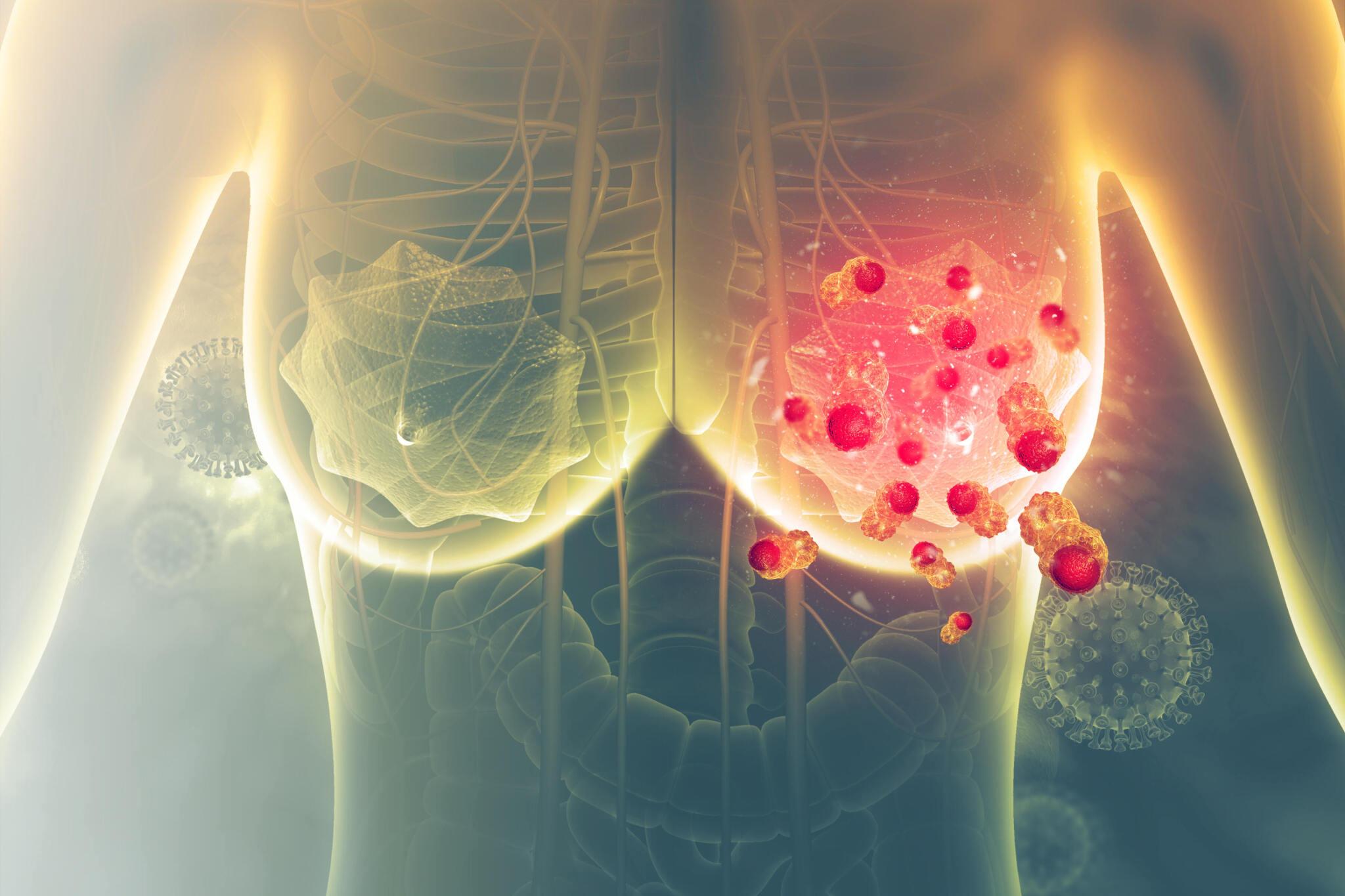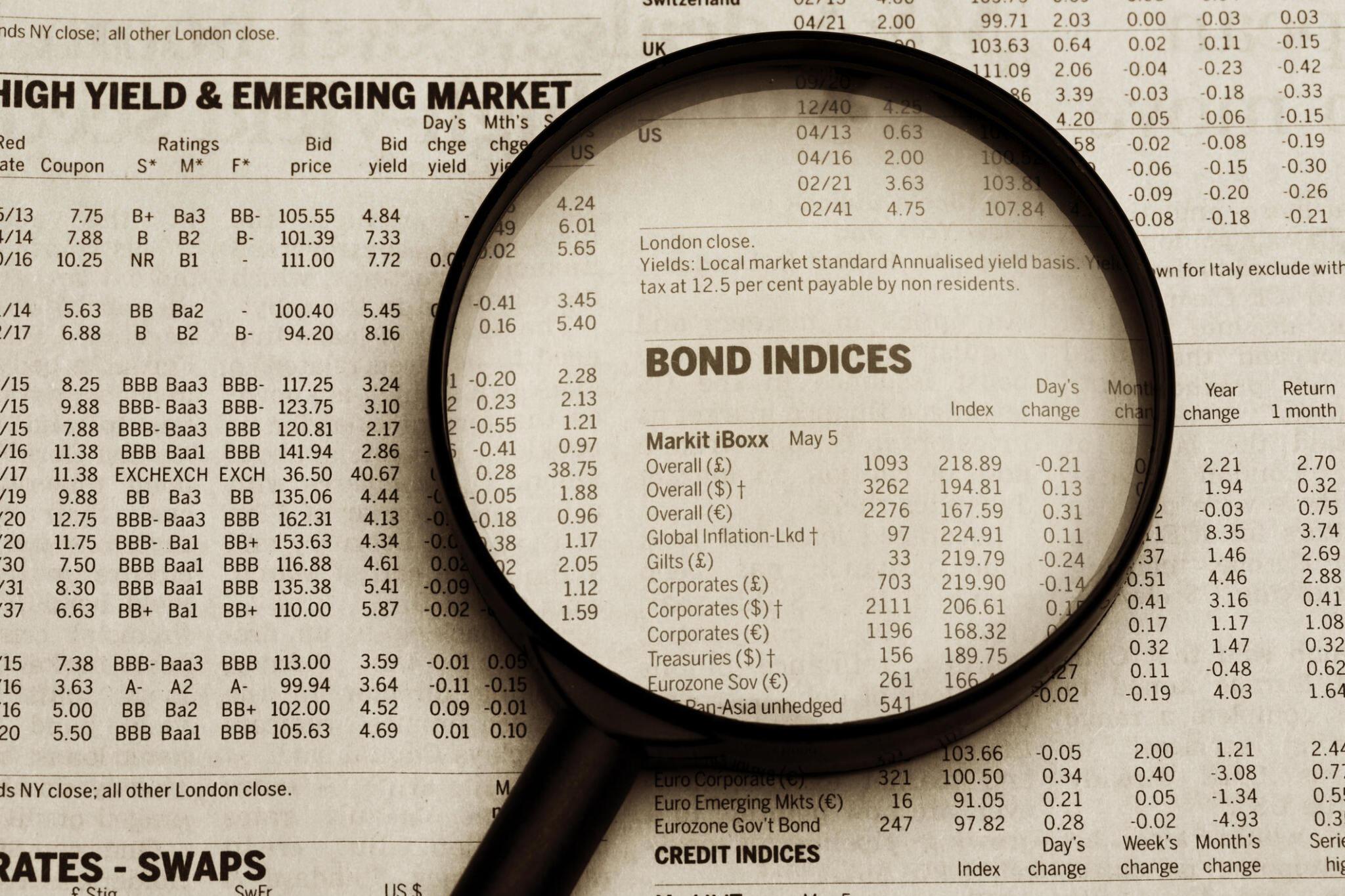
The continuous hustle of daily life comes with numerous challenges that are bound to affect one’s physical and mental health. Additionally, if a person’s vitality is compromised, their ability to face challenges diminishes drastically, affecting their confidence and relationships.
Millions of men nowadays experience symptoms related to their vitality, such as depressed mood, fatigue, moodiness and irritability, erectile dysfunction, loss of muscular strength, etc., in their daily lives. It may be due to the low T levels. Low testosterone levels in men’s bodies can drastically alter lives and create a crisis for which no one is prepared.
Therefore, this article will discuss testosterone and the five ways low T affects a man’s health.
What is Testosterone
Testosterone (T) is a hormone that is naturally produced in humans. It is responsible for several bodily functions in men and helps to maintain healthy body composition. Men have higher levels of testosterone than women.
In men, the hormone is produced in increasing quantity during puberty and starts to decrease after age 30.
However, recent research has shown a drastic decline in testosterone levels in the younger man. It may be due to genetic conditions or lifestyle choices such as excessive alcohol consumption or drug abuse. Low testosterone levels can cause drastic changes in the bodies of men by affecting their physique and determining their mood cycles.
Thankfully, studies have shown that testosterone replacement therapy treats testosterone deficiency in men and leads to an improved quality of life. You can seek guidance from a professional or visit a low t center to get the best possible solutions for your hormone-related problems.

How Low Testosterone affects Men’s bodies?
1. Low Sexual Drive
Sexual desire is as pivotal a human tendency as eating or sleeping. Likewise, any disruption or anomaly in the pattern of the activity can alter an individual’s lifestyle.
Testosterone plays a vital role in stimulating the libido in men, and the hormone also determines the interest or lack of interest in sexual intercourse. Experts also believe that low testosterone is a contributing factor in causing erectile dysfunction in men.

Since low testosterone levels are extremely common in young adults and teens, research has shown that low sexual drive among these age demographics has become more prevalent. Earlier, men over 40 more commonly showcased such symptoms due to the natural deterioration of testosterone in their bodies.
2. Lack of Strength and Muscle Build up
Remaining physically and mentally fit is extremely necessary for maintaining a healthy lifestyle. Our daily tasks are affected if we don’t feel healthy.
Testosterone is an essential component in our body that determines whether a person feels fit or not.
The T hormone is responsible for increasing muscle mass in men and determines weight and energy levels. Testosterone also increases bone density and orders the bone marrow to manufacture more red blood cells. Hence, low testosterone levels can drastically alter the metabolism and change the lives of men drastically.
3. Hair loss and Skin issues
So far in the article, we have identified the significant role of testosterone in the bodily functions of the human body. Similarly, low testosterone levels can affect hair growth in men and cause a wide range of skin issues.
Elaborate research to determine the connection between hair loss and low testosterone levels has shown an increase in men’s propensity for potential hair loss and hair thinning.
Additionally, a drop in hormone levels changes the skin’s texture, resulting in a lack of moisture, elasticity, and thickness. Acne breakouts are also common among people who suffer from testosterone deficiency.

4. Behavioral changes
Mental health affects the lifestyle of an individual just as much as physical health does. A prolonged period of suffering from mental health issues can turn a life upside down and bring extensive changes in individuals and the people around them.
Understanding the relationship between mental health and testosterone is very important. Low Testosterone levels in men can lead to mood swings, irritability, stress, anxiety, and depression. These symptoms fall under the “andropause” phase, which is distinct in men and intensifies with age.
Research has also shown that anxiety and depression symptoms are higher in testosterone deficient men. Moreover, there’s a direct correlation between men’s mental health and sexual impulses, with Testosterone production levels influencing both.
5. Concentration and Memory difficulties
Testosterone is such a vital hormone inside the human body that it is even directly related to the cognitive activities of an individual.
Low testosterone levels in men’s bodies can drastically reduce concentration and memory abilities and render someone incapable of finishing the simplest tasks.
Studies have shown that cognitive ability in men decreases with age. Men over the age of 40 exhibits a distinct lack of concentration and memory

Conclusion
Low testosterone levels can affect every aspect of your lifestyle, and the symptoms worsen with age. The symptoms can go unnoticed for an extended period without you realizing the deficiency. Hence, you must understand what your body is telling you and seek a medical professional when needed.






